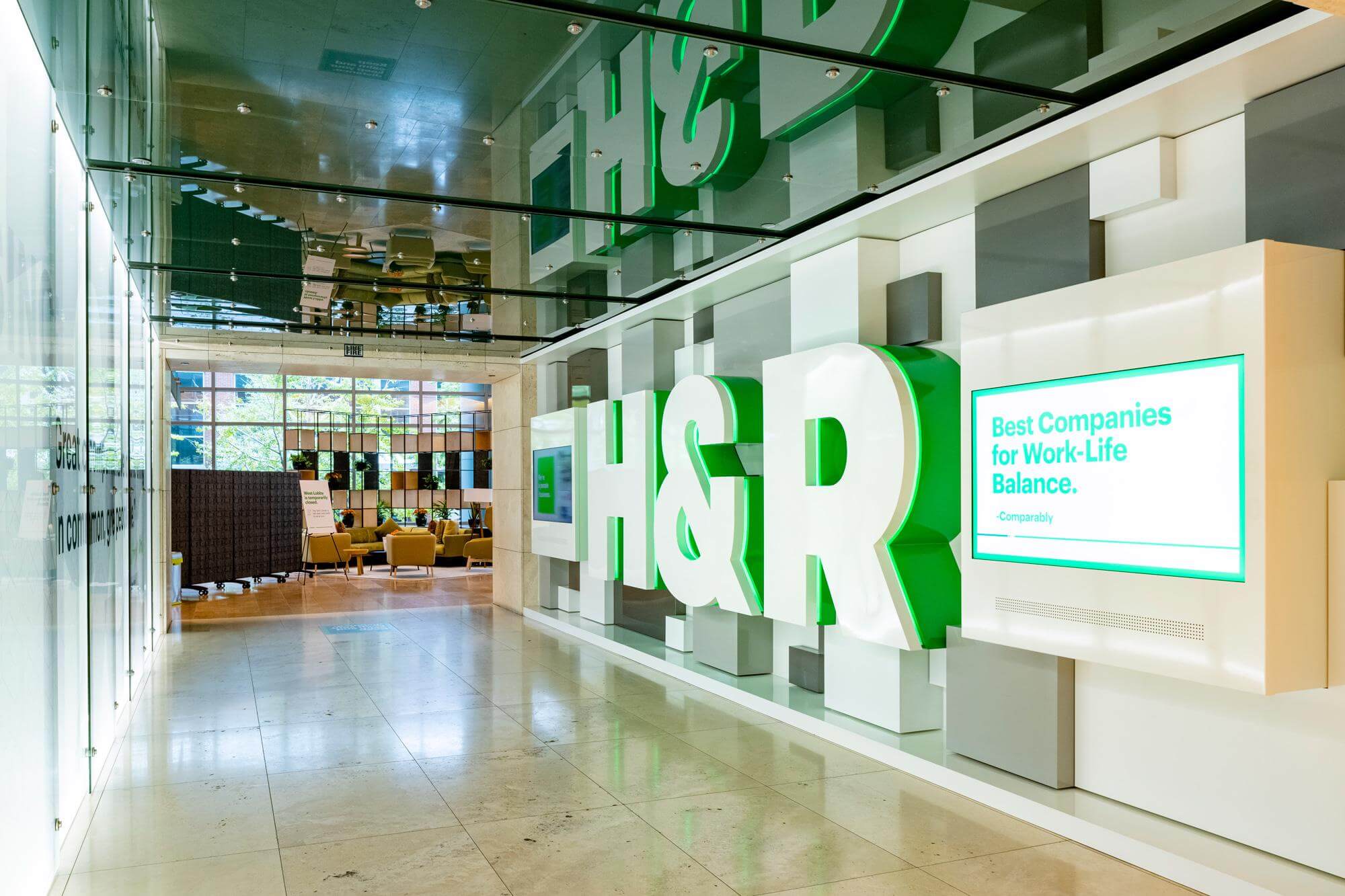
H&R Blocks the Clock In Remote Revolution To Rewrite Office Hours
In the ongoing saga of return-to-office (RTO) mandates, many companies have stood firm on requiring employees to return to the physical workplace, sparking tension with workers. However, H&R Block, a tax services giant with 39,000 employees, took a different path.
Initially implementing a hybrid policy in March 2021 for its 2,000 corporate workers, H&R Block later reconsidered after a COVID surge and feedback from remote employees. CEO Jeff Jones questioned the rationale behind enforcing office attendance and concluded there wasn't a compelling reason to do so.
The company scrapped its company-wide return-to-office policy, opting instead for individual teams to determine their own office attendance requirements. Presently, 25% of corporate employees at the Kansas City headquarters work remotely, with plans to sublease half of the office space.
Field associates and seasonal workers, who primarily work remotely or hybrid, remain unaffected by the policy change. H&R Block still fosters in-person interactions through quarterly "block parties" and team gatherings.
Jones emphasizes empowering employees and focusing on outcomes rather than micromanaging office hours. While acknowledging diverse approaches among CEOs, he remains confident in H&R Block's decentralized decision-making model.
In contrast to companies imposing strict mandates, H&R Block's approach prioritizes flexibility and trust in its workforce. Jones's leadership style emphasizes hiring great talent, empowering them, and holding them accountable.
While acknowledging that their approach may not suit every company, Jones affirms its success for H&R Block. By prioritizing autonomy and outcome-driven performance over rigid office attendance, H&R Block sets an example of adaptive leadership in navigating the post-pandemic work landscape.
Read more at Yahoo